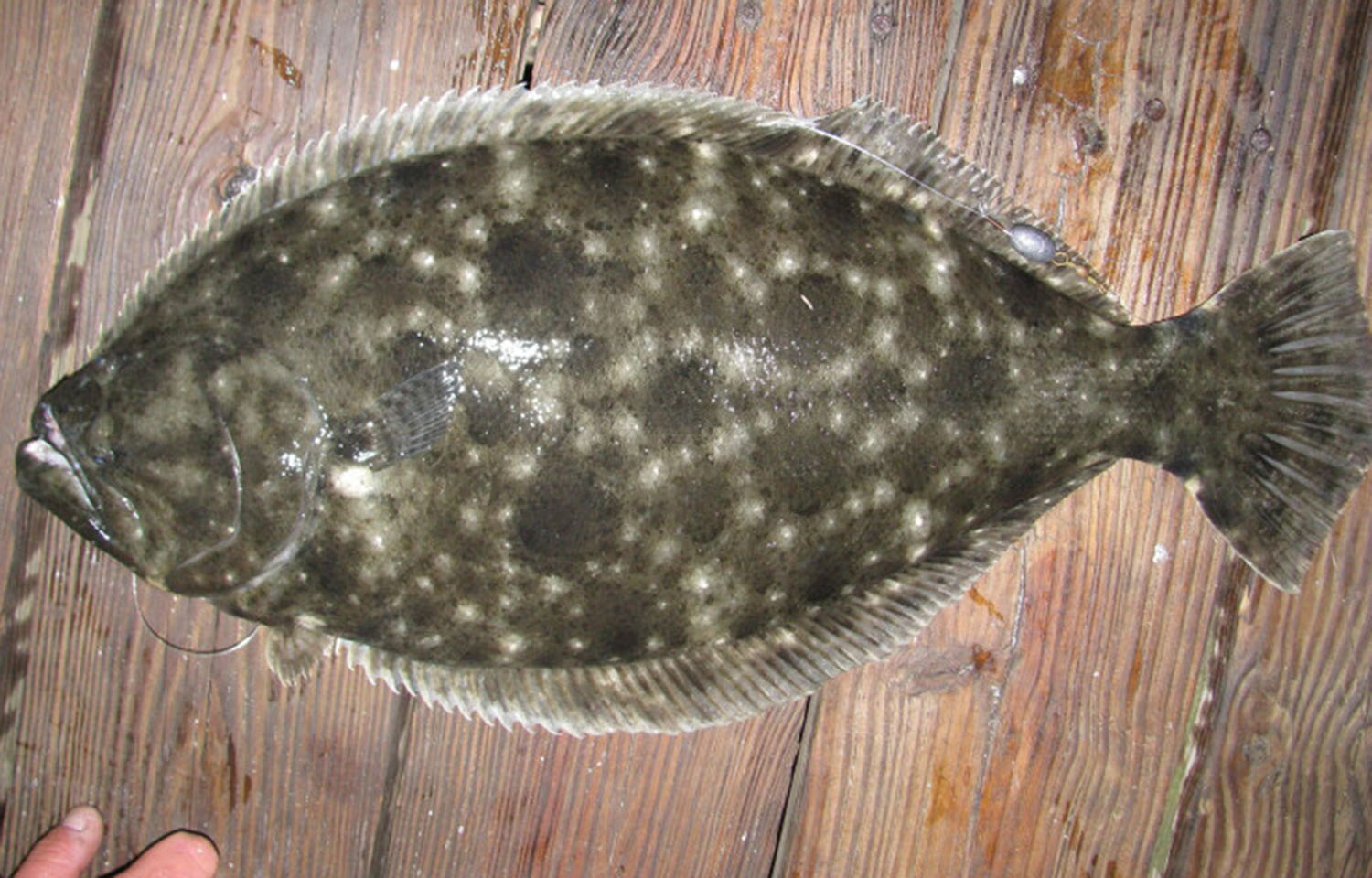A conflict between commercial and recreational fishermen in the U.S. state of North Carolina may be resolved at the North Carolina Marine Fisheries Commission meeting, which runs through Friday, 23 August.
Tensions between the two groups flared after NCMFC Chair Rob Bizzell insisted his panel will not open the state’s southern flounder fishery to recreational anglers this year. However, a July vote by the North Carolina Wildlife Resource Commission (WRC) approved a hook-and-line recreational season for 1, 2, 7, and 8 September, with a daily limit of one fish per angler and a minimum size of 15 inches within the waters that fall under the commission’s jurisdiction, which include waters that the MFC also oversees.
The MFC voted not to allow a recreational season for southern flounder in state coastal waters in May 2024 to preserve the Southern flounder resource. In previous years, it approved a 14-day recreational season in September along the northern half of the state’s coast.
WRC Chair Monty Crump has been trading letters with Bizzell, urging him to reconsider allowing a recreational season to take place, but thus far without success.
“MFC will be sticking to its plan adopted this spring to not allow a recreational season for flounder this year,” Bizzell wrote in a response to Crump, adding that fishermen who try to keep flounder caught in or transported through both coastal and joint waters will be subject to enforcement efforts of the North Carolina Marine Patrol.
The two separate commissions jointly manage the state's waters. MFC is a nine-member panel appointed by the governor that covers the Atlantic Ocean, coastal sounds, and rivers up to a certain point. WRC, which has 19 members the governor also appoints, all of whom must be approved by the state legislature, manages all inland waterways and some parts of coastal sounds and rivers, collectively known as joint waters.
The MFC manages saltwater species and the WRC manages freshwater species. However, the two commissions overlap regarding striped bass, flounder, and a handful of others that spend their lives in both salt and fresh water. Three species of flounder are found in the state’s coastal waters: summer, gulf, and southern flounder, the latter of which is considered overfished by NOAA. In response, the state has recently put strict limits on southern flounder fishing, including limiting seasons and some closures.
A report from the state’s Division of Marine Fisheries staff on the Southern Flounder Stock Assessment Update and the 2023 southern flounder landings is expected to be released at the ongoing MFC meeting. According to Island Free Press, the report is expected to be the basis for the MFC’s decision on how much quota to allocate for the upcoming commercial season in the sounds and coastal rivers, which has previously taken place in September and October.
Virginia and South Carolina, where flounder can also be fished, have a less strict recreational season, with an allowance of multiple fish per person per day.








